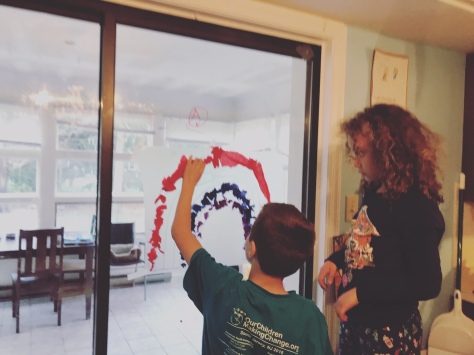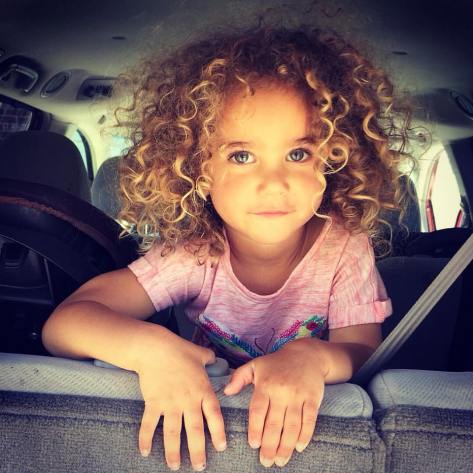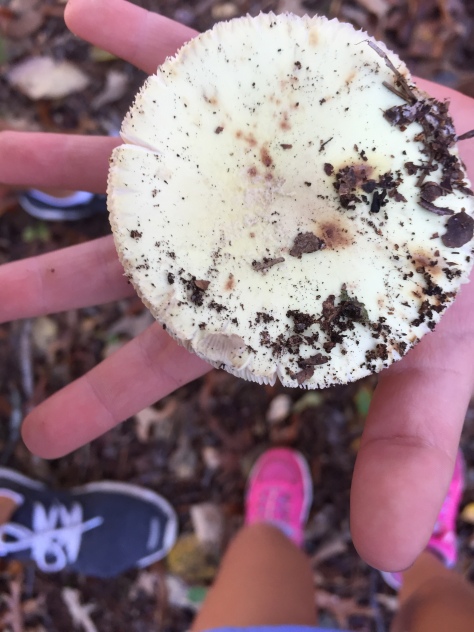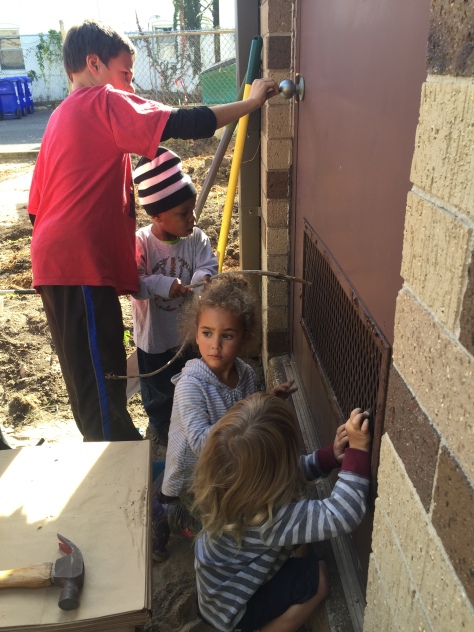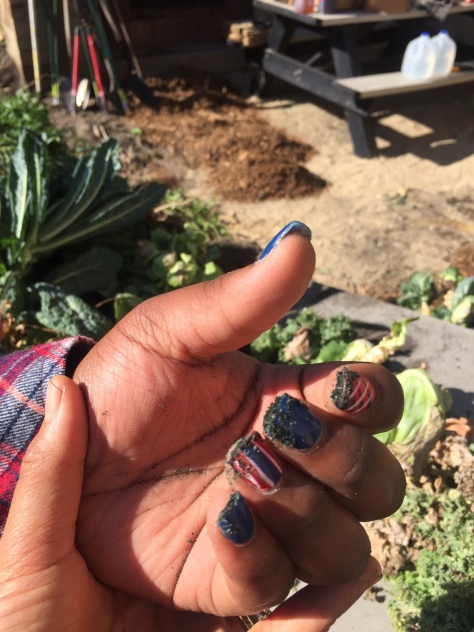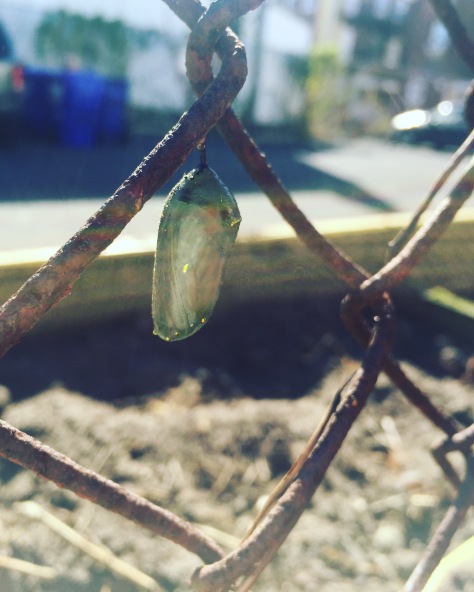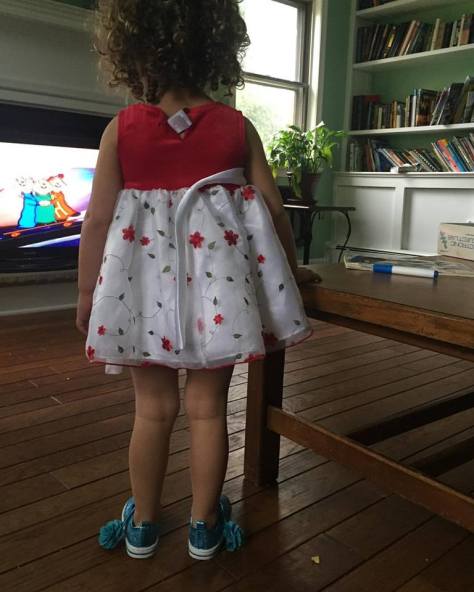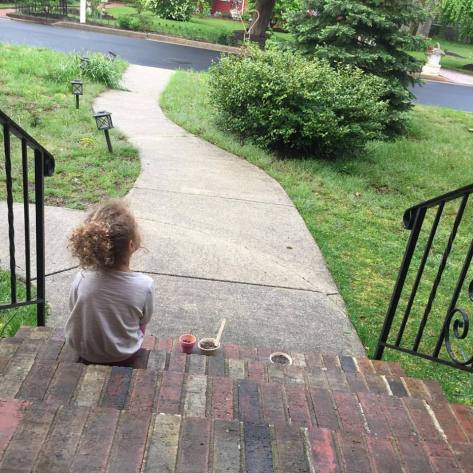Our children receive so much direct instruction from their parents, schools and institutions. Day in and day out, the lessons are specific with measurable outcomes that are often tracked and nearly always mitigated by systems of praise and punishment.
The lessons our children are supposed to learn are simple, well-defined and have remained nearly the same for many years.
Parents teach: Say please and thank you. Clean up after yourself. Brush your teeth. Wash your hands. Eat your vegetables. Look both ways before you cross the road. Use your words not hands to solve conflicts.
Teachers teach: Don’t forget to write your name on your paper. Memorize your multiplication facts. Answer questions in complete sentences. Dot your i’s and cross your t’s. Raise your hand before speaking. Try your best. Do your homework.
But, as important as these lessons are, there are other lessons that adults teach children indirectly. Powerful lessons that have lasting affects not just on the children, but on our society as a whole.
When parents choose to not be educated and informed or choose not to act in the face of injustice either locally, nationally, or internationally; they send a message.
Instead they need to talk to their children. Engage in difficult discussions about the news and the depths of sorrow, anger, hatred and greed that lie in those stories. And they also need to share stories of hope, love, and kindness that prevail in even the darkest of times.
When teachers choose to teach the same narratives or subject matter, year after year, ignoring pressing current events outside the confines of the textbooks, screens, standardized tests, and walls of the classrooms, they miss the opportunity to connect students to the real world that they will inherit.
The water protectors, bravely standing up for their communities and the earth, offer important lessons for our children, but only if adults allow them to be taught.
Our children should know that the civil disobedience promoted by Dr. Martin Luther King, Jr. is not a story about the past, but also one about our current reality. Children need to know that injustice still exists and that there are people in the world willing to stand up against it at all costs. Children need to know that the very people we think will protect us; sometimes will not.
Children need to know early that they are powerful beings, capable of making a difference in the world.
After talking to my children the first time about the pipeline, my oldest son got the most visibly upset. He was indignant that President Obama would not intervene. He could not believe that the president that he looked up to and thought was “so nice” would not help the Native Americans that he learned about in second grade.
For Christmas that year, he wanted a dream catcher….a real one, just like the Native Americans had.
Well, this year he is in fourth grade, and I want to give him a different kind of dream catcher to honor the Native Americans and others fighting to stop the Dakota Access Pipeline from jeopardizing their water supply and desecrating sacred land.
His idea was to get people to write letters to President Obama and ask him to stop the pipeline. We went on Amazon and ordered 50 postcards. This week we will organize a postcard campaign to send President Obama a message.
Though our postcards may not change the president’s mind or stop the pipeline, it will serve as a dream catcher for my son.
He will learn that the only way to make the world a better place is to dream of a better world and get busy trying to catch that dream.
Actions speak louder than words.
Life has all of the lessons that our children need.
